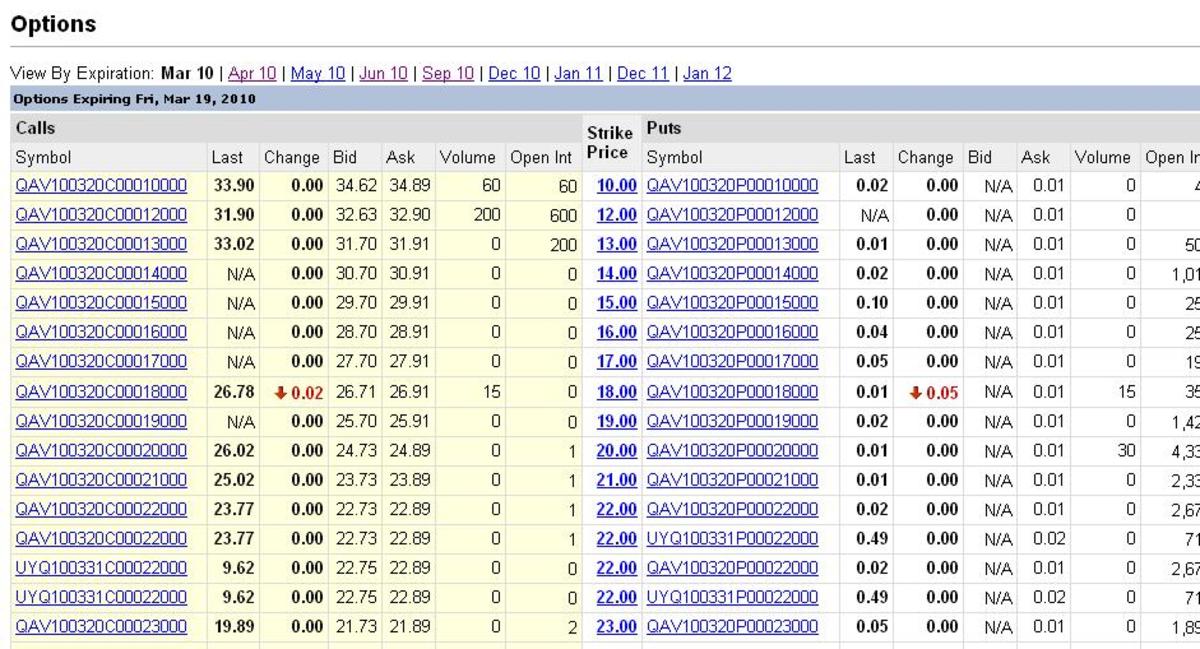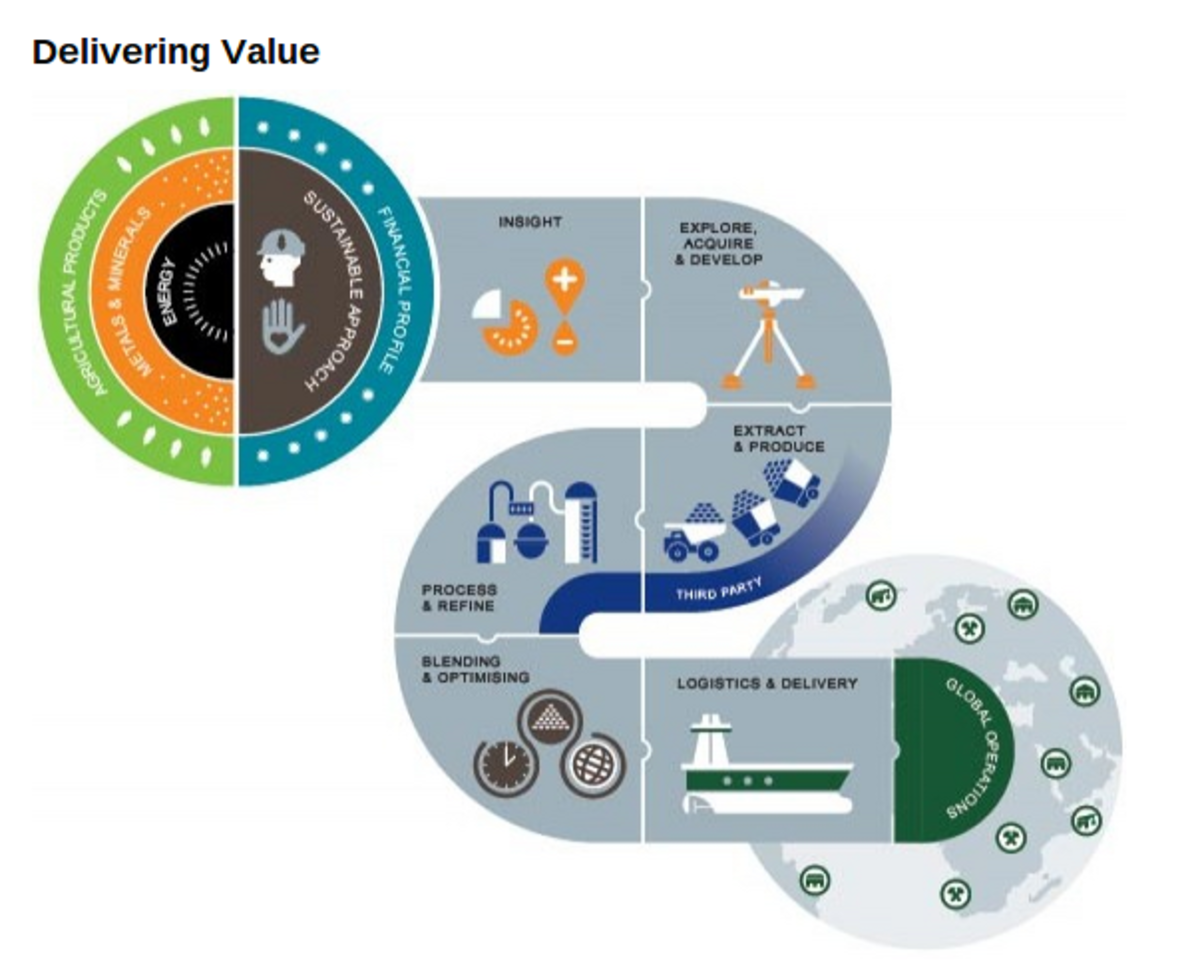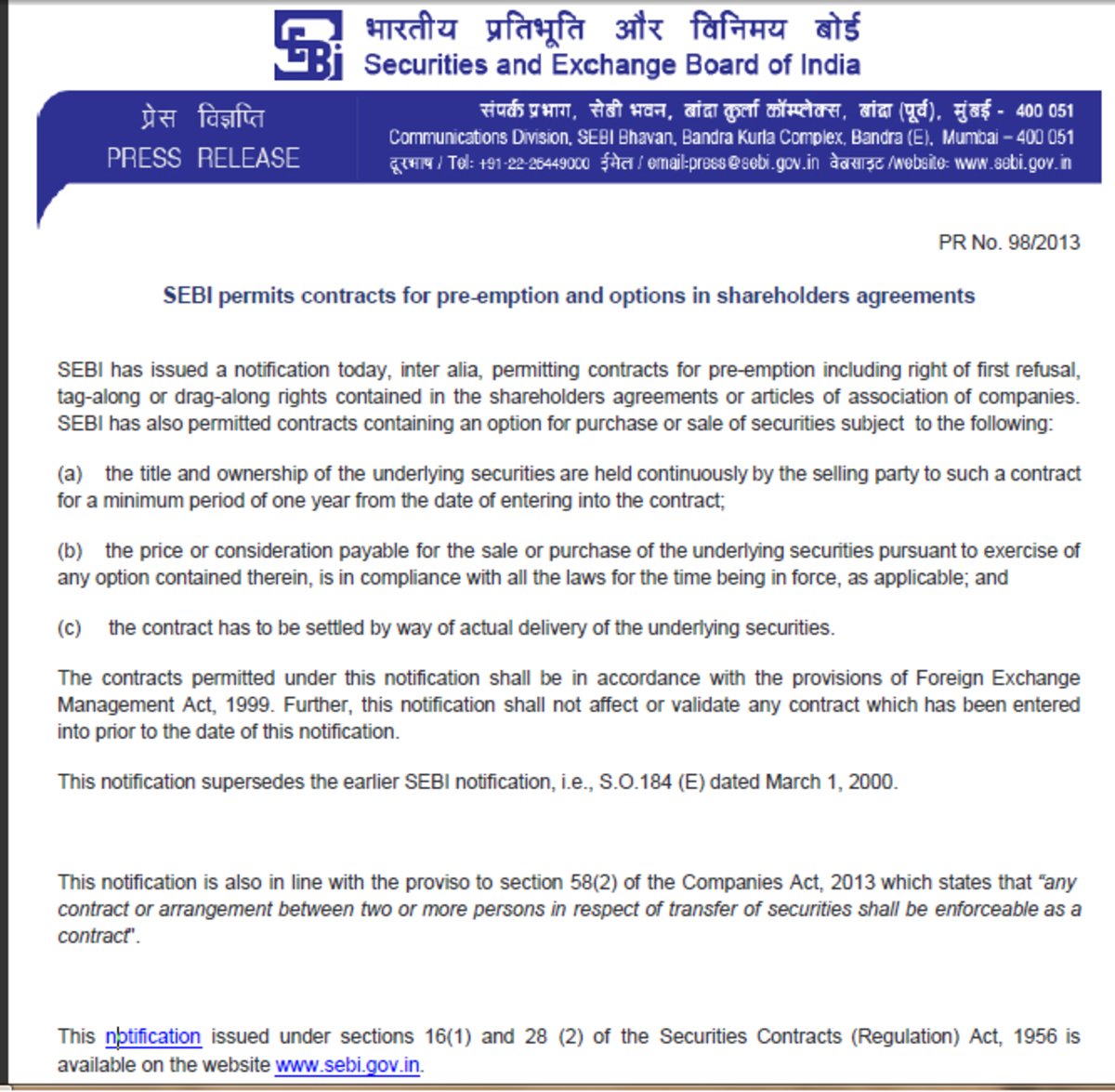Commodity Options Trading: Things to Think About
Commodity Options Trading
It may be surprising for some that have only a small amount of knowledge about commodity options trading that volatility is the main engine that drives option activity. Everything about options is based on what people are thinking that the option will do, not always what it is currently doing. In a sense, to trade options is to trade volatility, when it comes down to it. You are trading based on the overall expectation of the people that are “in the know” about option premiums, and adjust those premiums accordingly. Always keep in mind that there is no such thing as a stable option. Also, the futures contract price movements will determine the options price movements.
If there is a whole lot of activity going on with the futures contract, and lots of trading volume and erratic prices, you can be sure that the writers of those options are inflating the premiums so that they can compensate for any possible losses they may incur if the “defecation hits the fan”, so to speak. If you simplify the whole idea, volatility is basically the amount of uncertainty that’s in the market at a given time. Since nobody knows exactly what the futures price will do, the option premiums will spike up or drop down wildly, depending on futures contract price movements.

Trading Commodity Options
You can put volatility on your side if you know what you’re doing. Volatility can become an ally with the right education. Due to the nature of options, you cannot just buy an option and sit there and not attend to the trade. You must be actively involved in the option trading process because all options are short-term, even LEAPS in the stock market are relatively short term. Therefore, you must be ready to react when the market hands you something on a platter, to use a metaphor. It will take much practice to master this immediate style of trading, but it will be well worth it as your account gets fatter from your profits.
There are two kinds of volatility that are immediately recognized by serious option traders everywhere: Implied volatility and historical volatility. Historical volatility is just that—what the futures contract (or stock) has done historically as far as price movement goes. Every market has regular high and low points, and the transition between these points is basically what volatility is all about. Implied volatility is basically a guess of what the market may do based on what it has done…almost like the way the meteorologist predicts future weather based on past weather patterns. Once you understand implied volatility, it will help you to guess what you should do, and whether to buy or sell (write) options. A good rule of thumb to use is this: If you believe the volatility will increase, buy options. If you believe the volatility will decrease, sell or write options.
Well, that is all for now. I hope you have been further educated in commodity options trading volatility.








